Law enforcement agencies play a crucial role in maintaining public safety and upholding the rule of law. However, there have been numerous instances of misconduct and abuse of power within these agencies, leading to a growing demand for reform and accountability. While many factors contribute to this issue, the influence of law enforcement certification and training organization like IACP, IADLEST, and CALEA on the reform process cannot be overlooked. This article aims to explore how these companies can make reform more difficult and less likely by examining their impact on various aspects of policing.
Financial Ties and Conflict of Interest
One of the most significant challenges posed by law enforcement certification and training companies is their financial ties to the very agencies they certify and train. In many cases, these companies are dependent on contracts with law enforcement departments for their revenue, creating a conflict of interest. As a result, they might be less inclined to emphasize critical reform measures that could lead to decreased demand for their services. This conflict undermines the credibility of certification and training processes and hinders meaningful change.
Resistance to Change
Certification and training companies often promote standardized curricula and procedures. While some standardization can be beneficial, it can also create a rigid culture resistant to change. These companies might oppose incorporating progressive approaches to policing, making it difficult for law enforcement agencies to adapt to evolving societal needs and demands. As a result, necessary reforms may be met with pushback from these entities, impeding progress.
Influence on Curriculum Development
The development of training curricula is a crucial factor in shaping the mindset and actions of law enforcement officers. However, certification and training companies may exert influence on the content of these curricula, downplaying the importance of community-oriented policing, de-escalation techniques, and ethical decision-making. By promoting a militarized or authoritarian approach, they may inadvertently contribute to the perpetuation of a culture that prioritizes force over dialogue and compassion.
Reinforcement of Biased Policing
Another concern lies in the potential reinforcement of biased policing practices. Some certification and training companies may fail to address issues related to racial profiling, discrimination, and systemic bias. By neglecting to challenge these biases, they indirectly contribute to the continuation of discriminatory practices within law enforcement agencies, which further alienates marginalized communities and perpetuates mistrust in the system.
Lobbying Efforts and Political Influence
Large certification and training companies often have significant lobbying power and can influence legislation related to policing. They may advocate for laws that protect their interests and the status quo rather than supporting comprehensive reform efforts. As a result, potential legal reforms aimed at enhancing accountability, transparency, and oversight could face formidable resistance from these well-funded entities.
Resistance to Independent Oversight
Law enforcement certification and training companies might resist the introduction of independent oversight mechanisms that could scrutinize their practices and assess the effectiveness of their training programs. Such resistance can hinder the identification of shortcomings and prevent the implementation of evidence-based reforms that could lead to improved policing outcomes.
Stifling Innovation
Innovative ideas and approaches to policing often emerge from independent research and grassroots efforts. However, the dominance of certification and training companies might stifle such innovation. They may discourage law enforcement agencies from experimenting with new and progressive strategies, limiting the potential for reform and hindering the evolution of policing practices.
Efforts to reform law enforcement are crucial for promoting accountability, transparency, and public trust. However, the influence of law enforcement certification and training companies can pose significant challenges to the reform process. Financial ties, resistance to change, influence on curricula, reinforcement of biased policing, lobbying efforts, resistance to oversight, and stifling innovation are among the ways in which these companies can impede progress. To ensure meaningful reform, it is essential to address these obstacles and foster an environment that encourages independent evaluation, evidence-based practices, and genuine dedication to improving policing in the interest of public safety and justice.
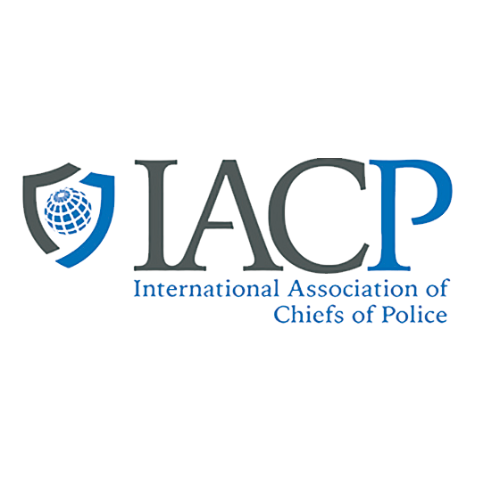
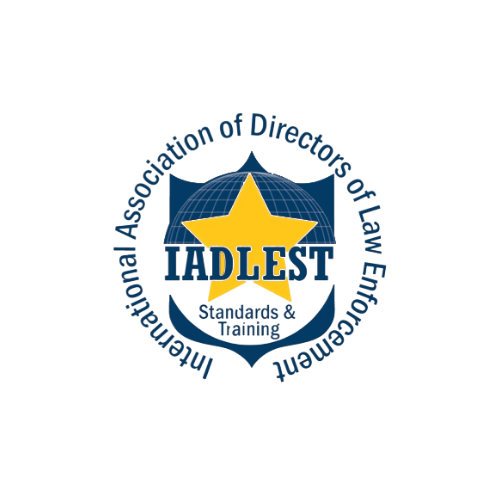
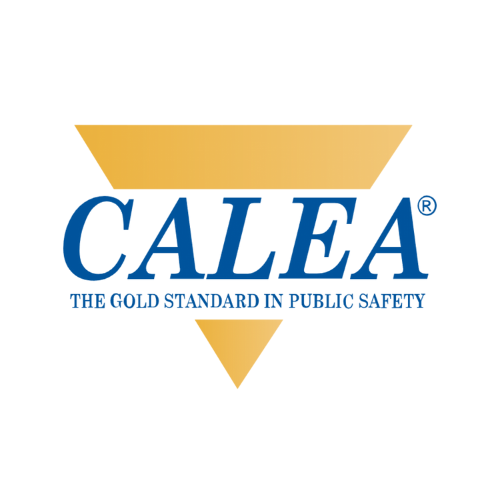






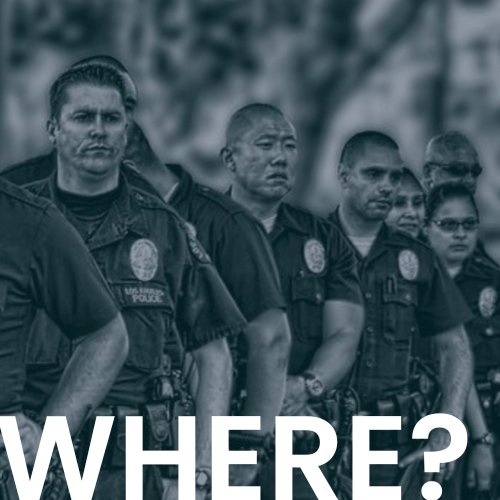
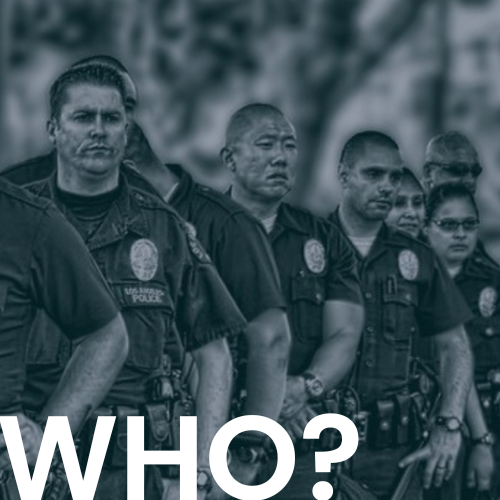
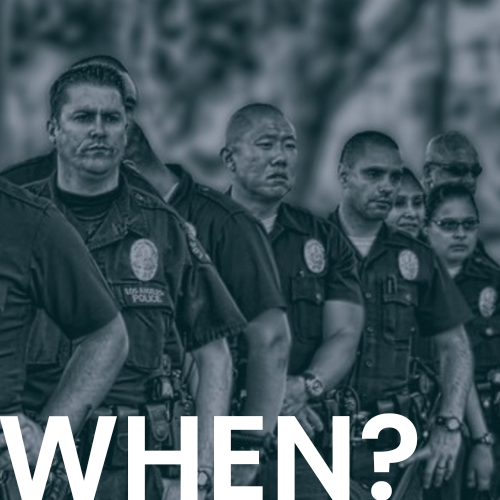
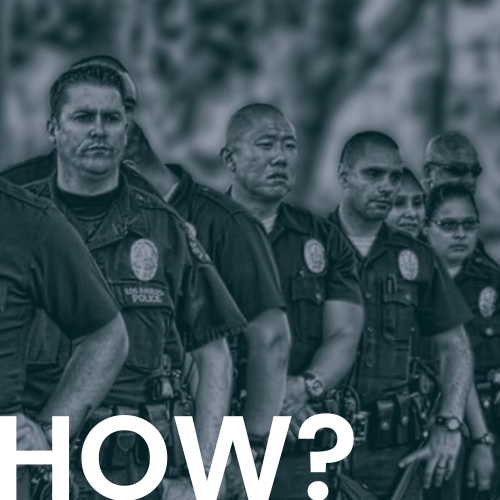
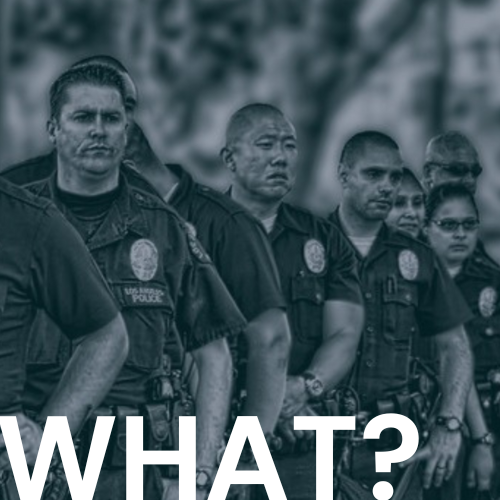
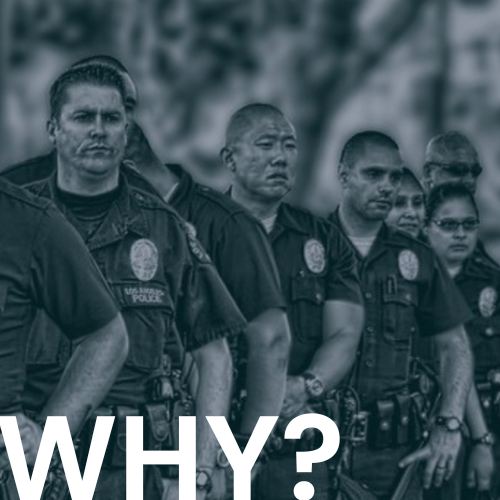
![Peace Officer Standards & Training [POST] Departments Peace Officer Standards & Training [POST] Departments](/sites/default/files/styles/large/public/2023-07/Brady.png?itok=xsIFvU8R)
![Organizations [Law Enforcement et al.] Organizations [Law Enforcement et al.]](/sites/default/files/styles/large/public/2023-07/Brady%20%282%29.png?itok=H7Pj15F8)

